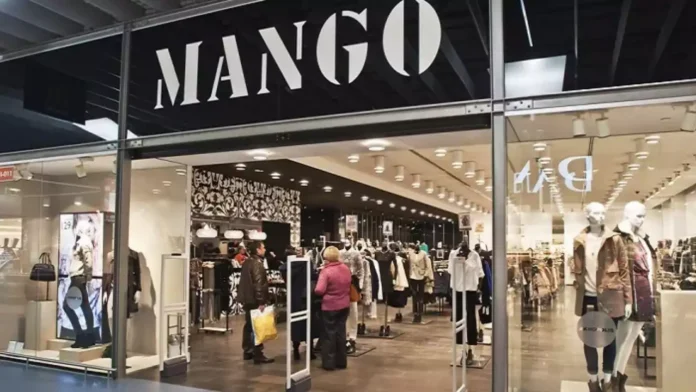Mango, the Spanish retailer, is focusing on adaptable clothing to assist customers in coping with unpredictable temperature fluctuations due to climate change, stated Chief Executive Toni Ruiz.
Previously, the clothing industry operated on clearly defined seasonal cycles. However, with the advent of global warming, it now needs to adapt to periods characterized by a mix of hot and cold temperatures, producing garments that reflect these transitions, explained Ruiz.
“Before, when you came back from summer, all the shops were full of winter clothes,” Ruiz said in an interview. “More and more the customer is going to look for what they need at that moment.”
Continue Exploring: Spanish fashion brand Mango sees India as key driver for global expansion
As Spain and other European countries witness elevated temperatures during certain times of the year, alongside increased rainfall in specific regions, clothing trends are also undergoing a shift.
Ruiz highlighted the growing popularity of lightweight trench coats among women as a prime instance of seasonally-transitional attire. Mango is also introducing clothing options for men crafted from “performance” fabrics, engineered to be more breathable and adept at managing sweat on sweltering days.
Ruiz mentioned that in the past few years, Mango, a family-owned business, has transitioned its sourcing strategy. It now procures trend-dependent items from European manufacturers and functional wardrobe pieces from manufacturers based in Asia.
“We have the ability to work in two parallel worlds, depending on the needs and the nature of the product,” he said. “I believe that is a necessary virtue at the moment in this disruptive world.”
At the end of 2023, Mango had sourced from about 3,000 factories in China, Turkey, India, Bangladesh, Spain, Italy, and Portugal. According to Ruiz, about 40% of Mango’s suppliers were located in Europe, but more than 80% of volumes were still manufactured in Asia.
The flexible supply chain has enabled Mango to successfully navigate recent disruptions to shipments through the Red Sea, a risk that Ruiz mentioned is now effectively managed.
Continue Exploring: Fashion giant Mango sets sights on 500 new stores in global expansion strategy by 2026
According to Ruiz, the retailer has been directing its investments towards increasing its store count and advancing its technology. He mentioned that they are leveraging artificial intelligence to monitor social media trends and cross-reference consumer data with collections and other brands.
He mentioned that the company possesses its own internal AI platform, akin to the ChatGPT interface, which aids in training designers. Approximately 20 pieces have been crafted with the assistance of AI, he noted.
AI is “a great wingman in our strategy to understand what’s happening in the world,” Ruiz said.





